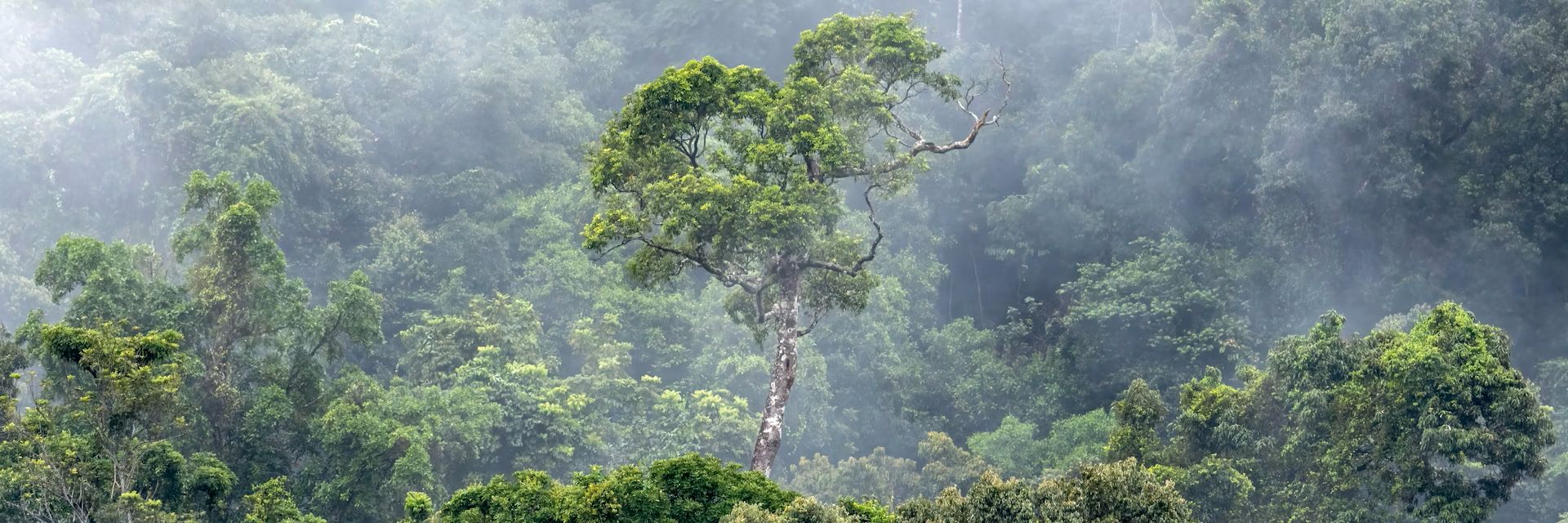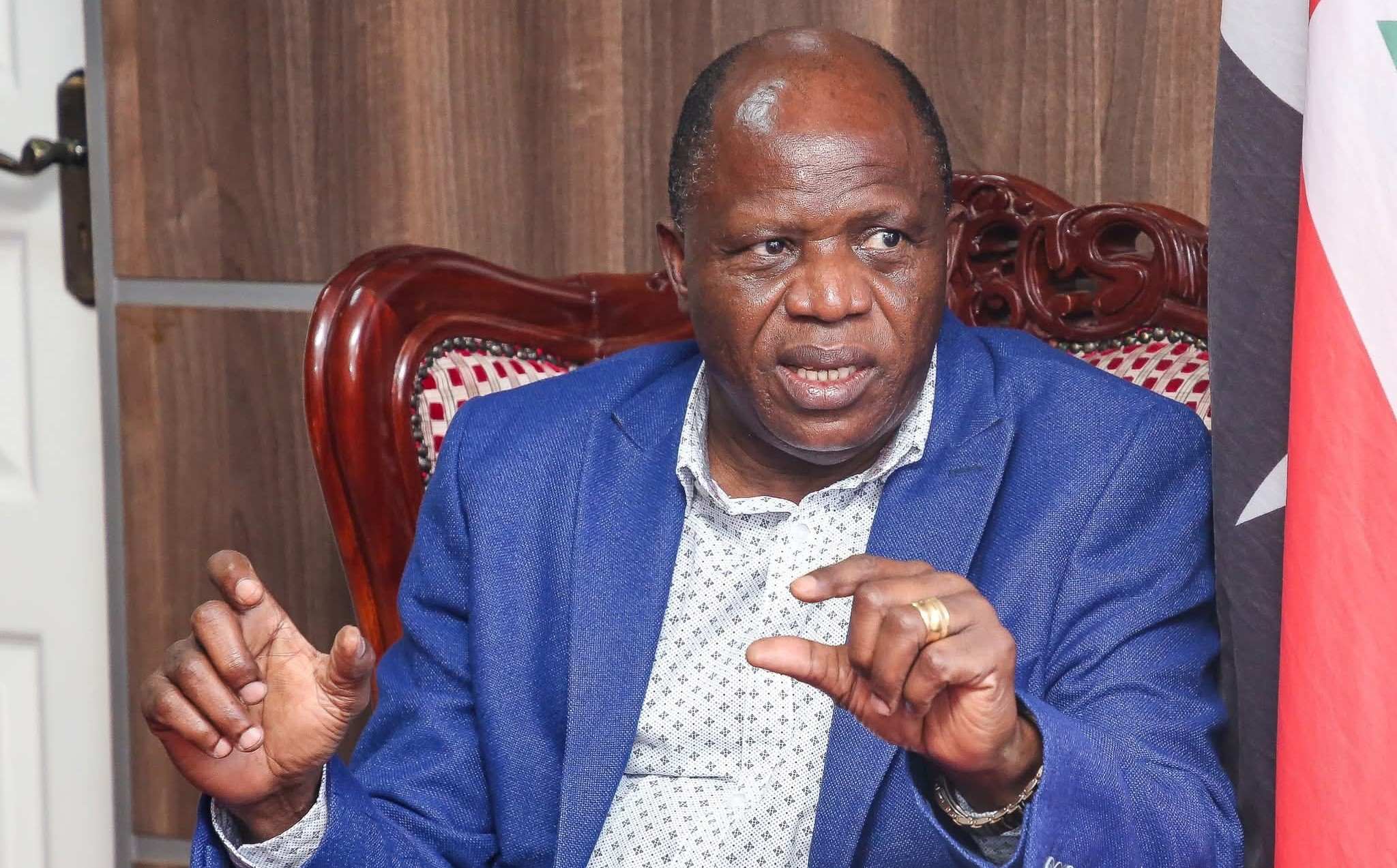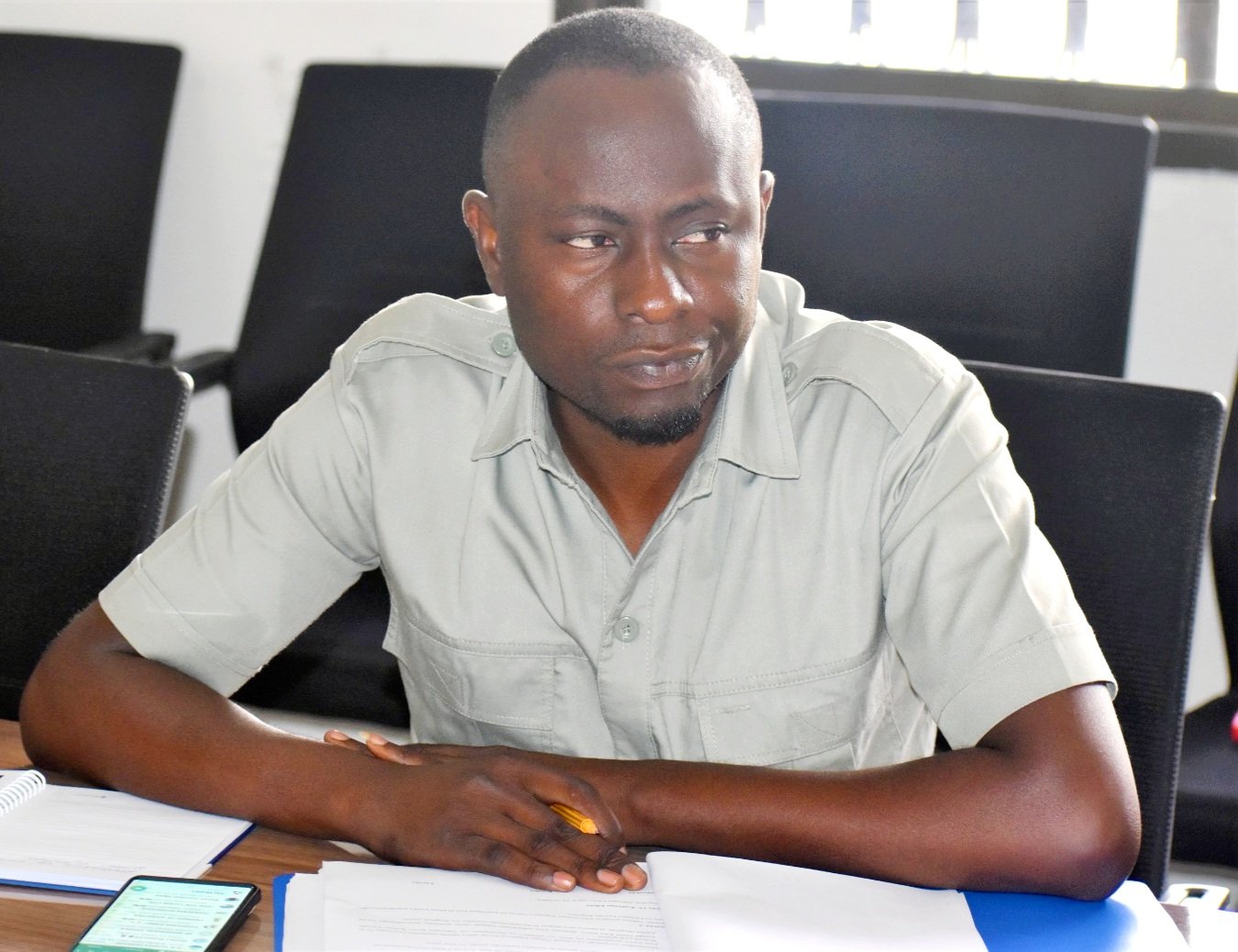Dadaab, Kakuma refugee camps to be upgraded to settlements in urban support programme
This will be the first time refugee camps in the county will be integrated into the initiative.
Dadaab and Kakuma refugee camps are set to undergo a major upgrade after being included in Phase Two of the Kenya Urban Support Programme (KUSP).
As announced by Interior Cabinet Secretary, Kithure Kindiki on Tuesday, this will be the first time refugee camps in the county will be integrated into the initiative.
More To Read
- KNCHR report casts doubt on Kenya’s commitment to refugee protection
- Ruto calls for renewed global commitment to protecting refugees as Kenya hosts landmark judicial conference
- Refugee group raises alarm over lending traps facing displaced families
- ‘No rain, no food, no life’: Amnesty slams global inaction as Somalia’s drought turns deadly
- Garissa Governor Nathif Jama sounds alarm over Dadaab crisis at IGAD conference
- Legal illiteracy fuels conflict and injustice in Turkana, summit reveals
"I was rejoicing because of the inclusion of the two refugee camps in this programme, which were not part of the programme Phase One," he said at State House.
Spearheaded by the government with support from the World Bank, the KUSP project is strategically designed to fortify urban institutions' capacities, thereby enhancing the delivery and resilience of urban infrastructure and services.
It also aims to catalyse greater private sector engagement in urban planning processes, amplifying the program's impact on sustainable urban growth.
 Somali refugees talk with United Nations High Commissioner for Refugees (UNHCR) staff at the resigtration centre in the Dadaab refugee camp on March 23, 2023. (Photo: Bobb Muriithi/AFP)
Somali refugees talk with United Nations High Commissioner for Refugees (UNHCR) staff at the resigtration centre in the Dadaab refugee camp on March 23, 2023. (Photo: Bobb Muriithi/AFP)
Hailing the move, the CS noted that the living standards of over 700,000 refugees currently residing in these camps, will be transformed into integrated communities with access to better infrastructure and essential services.
Speaking at the launch of the Kenya Urban Support Programme Phase Two, Kindiki emphasised the importance of addressing the challenges faced by refugees and host communities alike.
He acknowledged Kenya's longstanding role as a host country for refugees from various regions affected by conflict and displacement, spanning over three decades since the early 1990s.
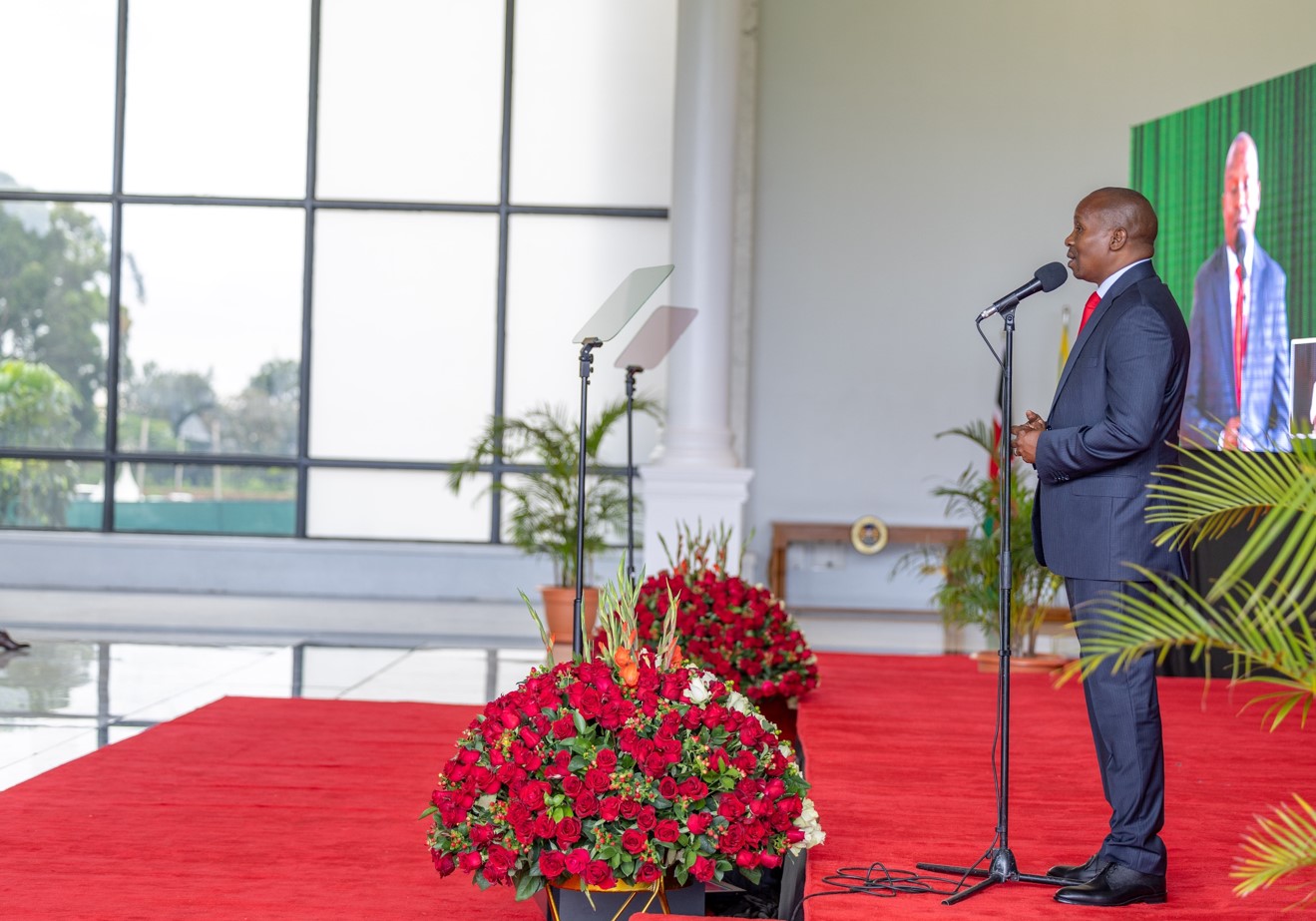 Interior Cabinet Secretary Kithure Kindiki during the launch of Phase Two of the Kenya Urban Support Programme at State House, Nairobi on May 7, 2024. (Photo: PCS)
Interior Cabinet Secretary Kithure Kindiki during the launch of Phase Two of the Kenya Urban Support Programme at State House, Nairobi on May 7, 2024. (Photo: PCS)
"Kenya has been a host of many people from our region, who have been affected by war and other causes of displacement in their home countries. These friends of ours from other countries have stayed with us for many years, over three decades," the CS said.
Kindiki expressed optimism that the transformation of Dadaab and Kakuma into integrated settlements would positively impact the lives of refugees and host communities, fostering a sense of inclusion and mutual respect.
The Interior boss commended the KUSP initiative for its focus on transforming refugee camps into integrated settlements, where refugees and host communities can coexist in a dignified environment.
"The programme's objective is not only to enhance the quality of life for refugees but also to ensure parity in living standards between refugees and their host counterparts," he added.
Social amenities
Highlighting the prevailing conditions in Dadaab and Kakuma, Kindiki underscored the need for improved social amenities and infrastructure within the camps.
"It's not easy to host the size of the refugee community that we have the load that we have, at the moment 700,000 refugees are here in this country and the situation in these camps does not come in good terms of social amenities," he stated.
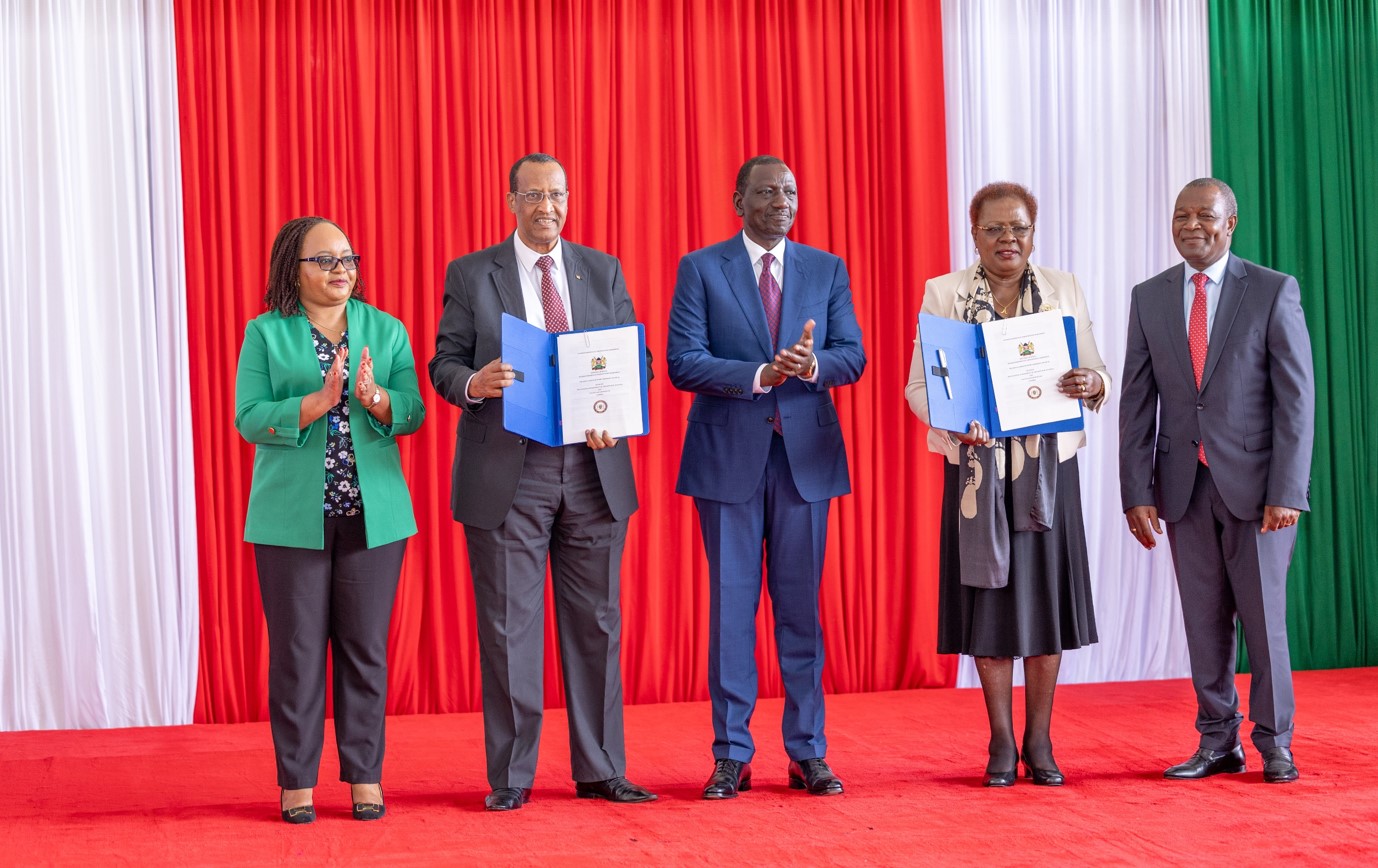 From left: Council of Governors Chairperson Anne Waiguru, Garissa Governor Nathif Jama, President William Ruto and Cabinet Secretaries Alice Wahome (Lands) and Njuguna Ndung'u (National Treasury) during the launch of Phase Two of the Kenya Urban Support Programme at State House, Nairobi on May 7, 2024. (Photo: PCS)
From left: Council of Governors Chairperson Anne Waiguru, Garissa Governor Nathif Jama, President William Ruto and Cabinet Secretaries Alice Wahome (Lands) and Njuguna Ndung'u (National Treasury) during the launch of Phase Two of the Kenya Urban Support Programme at State House, Nairobi on May 7, 2024. (Photo: PCS)
Dadaab and Kakuma camps, situated in northern Kenya, provide refuge for over 700,000 refugees and asylum-seekers.
The majority, more than half, are from Somalia, while around a quarter hail from South Sudan.
Established in the 1990s, both camps were set up by the UNHCR to offer safe havens for individuals fleeing civil unrest and conflicts in Somalia and Sudan.
In 2011, a significant influx of Somalis, driven by drought and other hardships in their homeland, swelled the camps' population to nearly half a million.
Living conditions in both camps are appalling, with substandard housing, poor roads, and inadequate water and sanitation.
The camps were supposed to offer temporary homes, but many people now live there permanently.
CS Kindiki expressed gratitude to the United Nations High Commissioner for Refugees (UNHCR) and other partners for their support in this endeavour.
He emphasised the significance of compliance with international conventions and national legislation governing refugee rights and protection.
He cited the United Nations Convention on the Status of Refugees of 1951, the AU Convention on Governing Specific Aspects of Refugee Problems in Africa, and Kenya's own Refugees Act of 2021 as guiding frameworks for the initiative.
With the recent gazettement of regulations to operationalise the Refugees Act, Kindki highlighted the legal foundation for the KUSP's efforts to upgrade refugee camps.
CS Kindiki hailed the implementation of the Shirika Plan as a milestone in Kenya's commitment to providing dignity and support to refugees unable to return to their countries of origin due to ongoing conflicts and challenges.
He expressed optimism that the transformation of Dadaab and Kakuma into integrated settlements would positively impact the lives of refugees and host communities, fostering a sense of inclusion and mutual respect.
Top Stories Today


